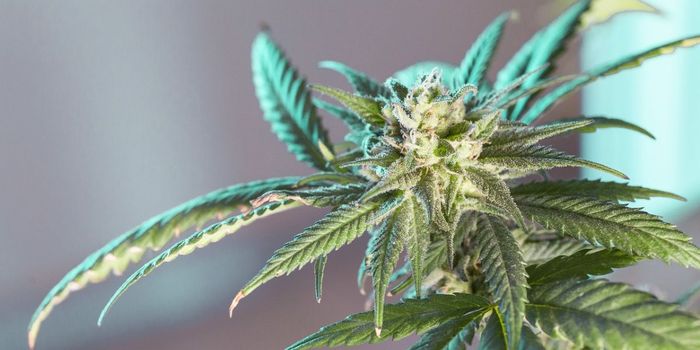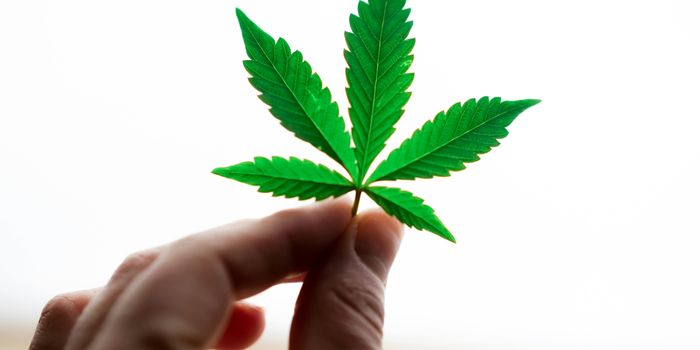How Does Cannabis Affect Young People with ADHD?
Researchers from Stanford University have conducted a review on current research investigating adverse effects on brain development in young adults with attention-deficit hyperactivity disorder (ADHD). The paper was published in the Harvard Review of Psychiatry.
Increasing legalization and availability of cannabis products raises concerns about how they may affect young people with ADHD. While some young people with ADHD feel that cannabis improves their symptoms, some studies have found that they may be particularly vulnerable to the effects of cannabis on cognitive function.
For the paper, the researchers conducted a review of 11 studies that compared outcomes among those with ADHD who used natural and synthetic cannabinoids and those with ADHD who did not. Seven of the studies used neuroimaging techniques, including fMRI, structural MRI, and SPECT.
Among the neuroimaging studies, the researchers found that cannabis use was linked to decreased thickness in parts of the brain linked to motor and sensory function and increased thickness in the brain's reward system. They also found that cannabis users performed differently in standardized tasks and had a reduced density of dopamine transporters, affecting their availability of dopamine.
Four studies looked at neuropsychological tests or questionnaires in young people who both used and did not use cannabis. Generally speaking, cannabis use was linked to lower scores on tests of sustained attention. These studies, however, found no significant interaction between ADHD and cannabis use.
"Surprisingly, as cannabis use demonstrates clear and consistent adverse effects on cognition as measured by neuropsychological task performance, no study identified a significant differential impact of cannabis use on these measures for individuals with ADHD compared to non-users," said Philip B. Cawkwell, one of the study's authors, "However, this lack of interaction may just be due to the limited number of studies to date, rather than a true lack of impact."
While these findings may signal future avenues for research, the authors note that before any findings can be confirmed, further studies involving more participants are needed. The researchers also said that future research should focus on the potency of cannabis used as well as how frequently it is used.
Sources: Harvard Review of Psychiatry, Wolters Kluwer, Pharmacy Times









